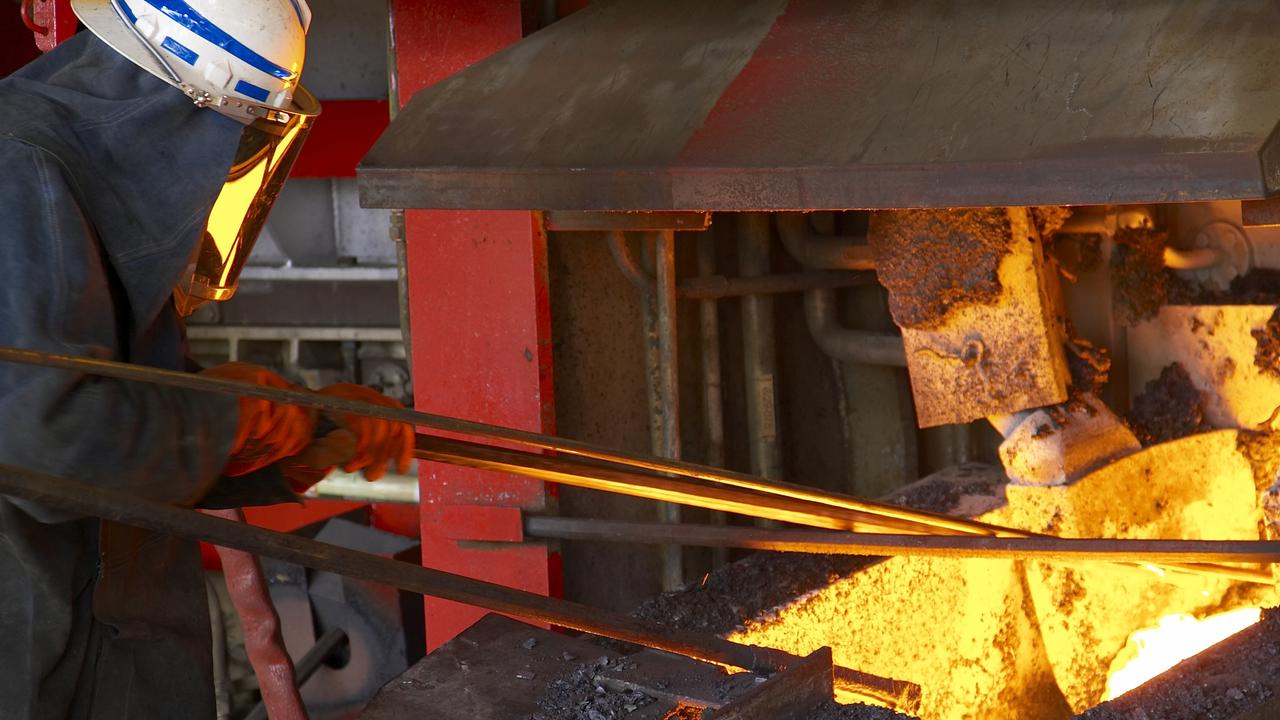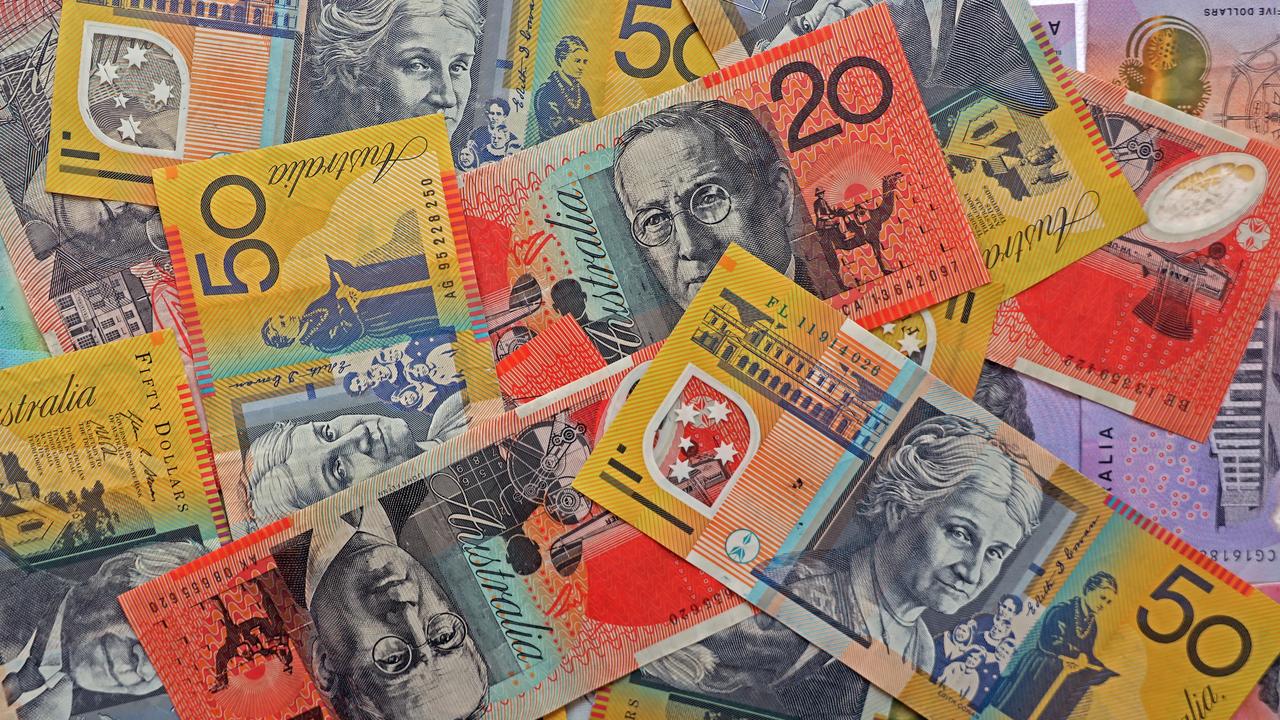Nickel Industries CEO Justin Werner warns of ‘challenging’ future for Australian mining
The man behind a booming mining company in Indonesia has issued a stark warning about 10,000 Aussie jobs.
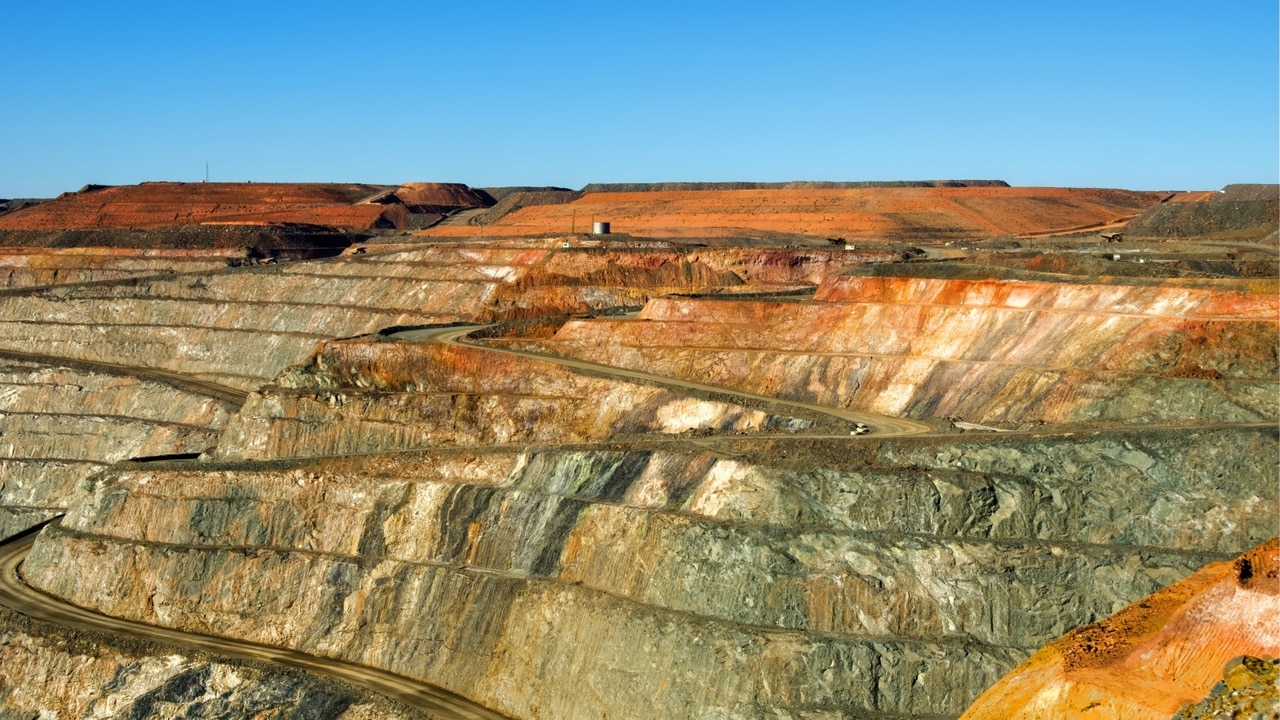
Mining
Don't miss out on the headlines from Mining. Followed categories will be added to My News.
The shock collapse of Australia’s nickel mining sector has threatened 10,000 high-paying jobs as a leading ASX-listed nickel miner warns bluntly those jobs are probably never coming back.
That’s the view of Nickel Industries managing director Justin Werner, who leads the rising $3.3bn company with vast mining and refining operations in Indonesia.
“It is certainly challenging (for Australia) in the foreseeable future,” he told NewsWire from his home in Bali in a wide-ranging interview this week.
“Even if the nickel price goes up, it’s about having a sustained nickel price above $20,000 (per tonne).
“And even at that price, for a lot of producers the margins are very thin.”
A sharp decline in nickel prices, propelled by a massive surge in low-cost production from Indonesia from producers like Nickel Industries, broke Australia’s comparatively high-cost nickel miners.
Global nickel prices averaged more than US$25,000 a tonne in the 18 months from the start of 2022, but now hover around US$16,000.
The “Indonesia method” of low energy costs, low labour costs, radical policy support from the government, technological improvements in refining and a flood of Chinese capital created the competitive storm that wiped out Australia.
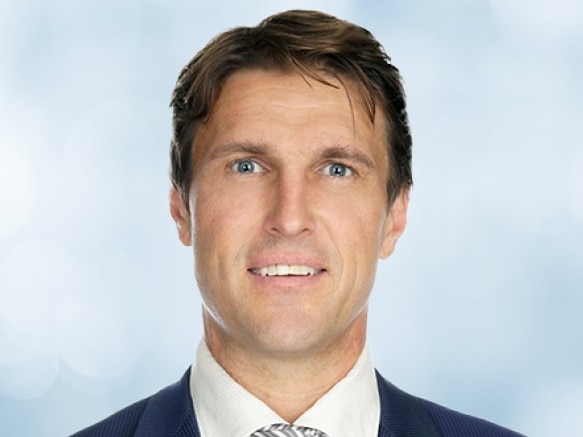
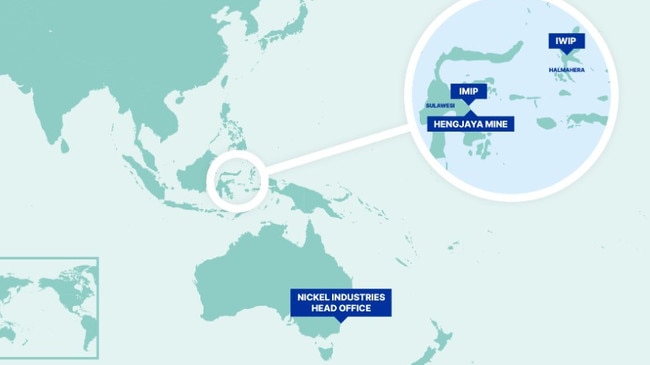
Indonesia’s nickel processing at the mammoth Morowali Industrial Park on the island of Sulawesi is largely powered by coal-fired plants.
Mr Werner said Nickel Industries had built its own coal plant to fire its processing and paid less than US4.5c per kilowatt hour.
Unskilled workers at Nickel Industries earn between $1500 and $3000 a month, far below Australian wages.
The Indonesian government offers companies working in downstream processing, or transforming mined material into new products, tax holidays ranging between seven and 15 years.
Technological breakthroughs in high-pressure acid leaching, a processing method, also unlocked more of Indonesia’s vast nickel reserves, which were previously non-commercial because of their lower-grade nickel content.
And Chinese money is powering the whole enterprise.
Nickel Industries’ operations are backed by Tsingshan Holding Group, a major Chinese conglomerate with interests in stainless steel, nickel and EV batteries.
The result was a dramatic compression of production costs.
Mr Werner said his company’s cost to produce a tonne of nickel ranged between US$5000 and $7000 a tonne.
By contrast, BHP boss Mike Henry told shareholders in March 2024 the Aussie behemoth’s cost per tonne was about US$20,000.
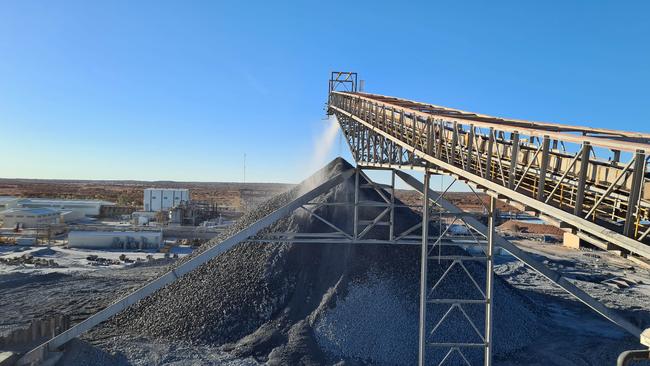
“Nickel West is facing some challenging times and we’ve been public about that,” he said.
“Short story is we’ve got costs sitting at about US$20,000 per tonne.
“So every tonne of nickel we’re producing is about US$20,000.
“Market price has dropped to US$16,000 or US$17,000 per tonne.”
In July last year, BHP announced the suspension of its nickel operations in WA, putting in jeopardy more than 2500 jobs.
Nickel is a critical mineral used in electric vehicle batteries.
Mining experts warn that what happened to Australia’s nickel sector could hit other critical minerals, such as lithium, wiping out even more jobs and putting at risk the country’s powerhouse resources economy.
“I think it is a major issue,” Climate Energy Finance senior analyst Tim Buckley told NewsWire.
“What has happened in nickel is just a shot across the bow to Australia. It is a wake up call that we do need to think strategically.
“It is Chinese capital that underwrote the massive expansion of nickel mining and refining in Indonesia.
“It was billions of dollars of Chinese capital deployed very strategically, in alignment with what the President of Indonesia (former President Joko Widodo) was calling for.”
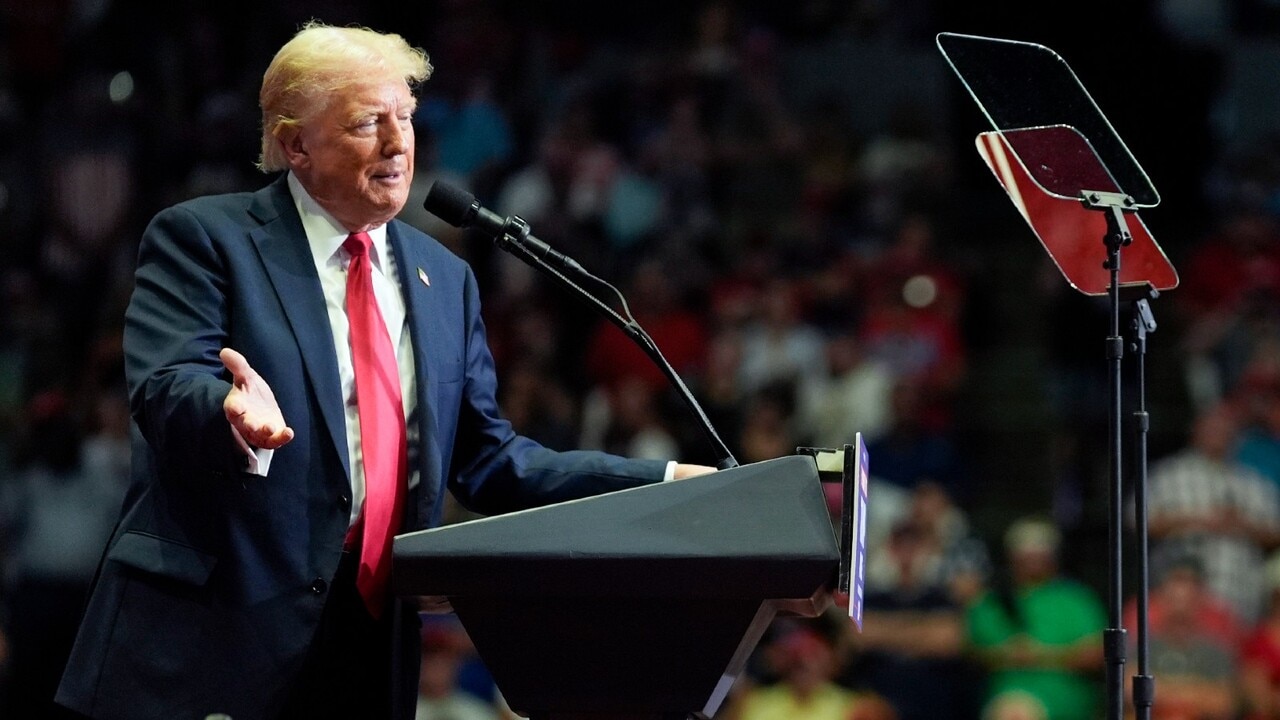
Mr Buckley warned China had already invested heavily in lithium and rare earths in the past few years.
“We have been way too complacent,” he said.
He argued Australia needed to be more open to Chinese investment if it wanted to maintain a leading position in the critical minerals space.
“When I spoke with the Chinese ambassador (to Australia Xiao Qian) which I did two months ago … I said ‘we’re actually on the same page.’
“He goes ‘China needs to feel that we are welcome to invest in partnership with Australian companies. That we are welcome here’.
“I said, ‘the key word is partnership. You are not welcome to come here and dominate the industry and extract and export it all. If you are willing to invest in value-adding (refining mined material into new products), I think Australia should make that very clear we want to do that.
“He did say, and a lot of my private conversations with Chinese investors, they don’t feel welcome here, they will go elsewhere.”
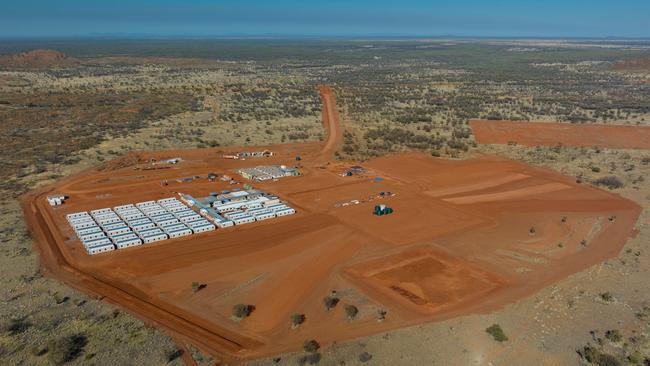
Mr Buckley also called for greater public investment in critical minerals to protect Australia’s position and cheered the federal government’s recent $200m investment in Arafura Rare Earths, an ASX-listed critical minerals miner with operations in the Northern Territory.
“Ten years ago I would have said, ‘that’s a really dumb intervention. That’s government picking winners’.
“I don’t agree with that anymore. We are not going to be able to value add any of our resources and rebuild that expertise unless we have strategic capital available … if the Australian government can take on a share of the risk by providing strategic public capital, then we can build those refineries, we can build the value-add and then over the cycle the taxpayer can get a return over time but then we retain Australian ownership.”
Mr Werner said Australia retained some attractive advantages over other mining jurisdictions.
“Australia is very well endowed in natural resources,” he said.
“We have some very smart people, the world’s best in terms of mining practice and operations.
“It’s just around having the right policy settings and support to enable us to be more competitive with other countries.”
Originally published as Nickel Industries CEO Justin Werner warns of ‘challenging’ future for Australian mining


